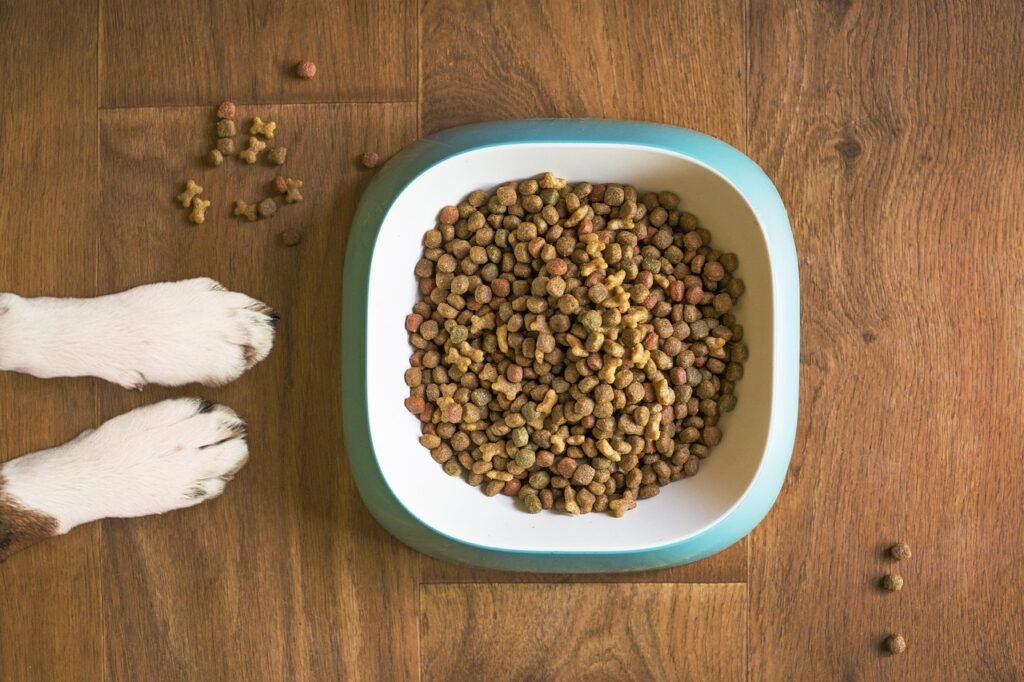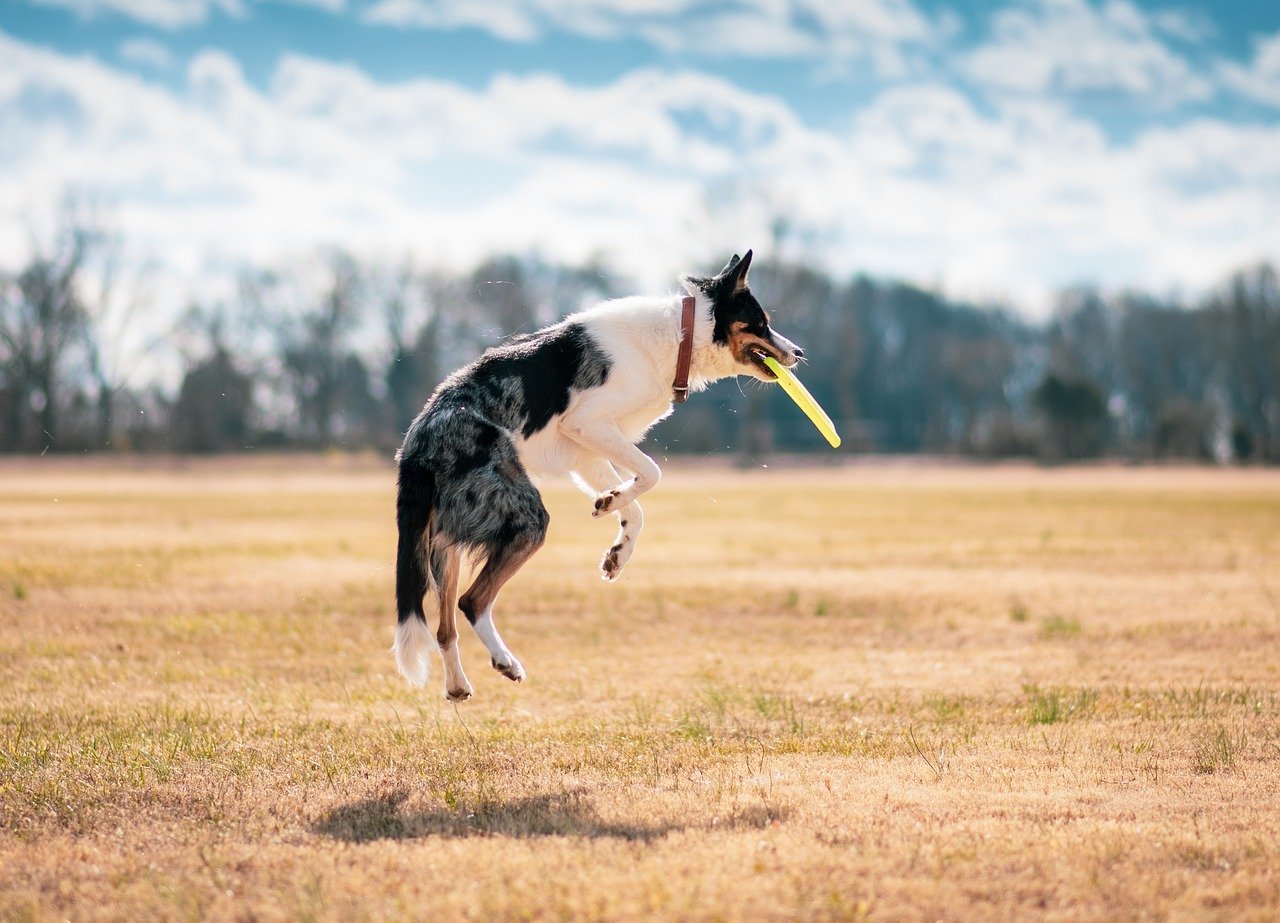Due to its properties of thickening and emulsifying, carrageenan is one of the most common ingredients found in foods to be eaten by people and animals. Carrageenan can be defined as something that acts to link various dissimilar kinds of food, like oil or water, which never complement one other. Carrageenan works in a range of ways, such as ending up in a delicious dairy product like ice cream, and finding its way to pet food and its treats.

Not that you’ve heard anything negative about carrageenan with respect to pet food, and probably you weren’t the only person being told so. Apparently, there is a lengthy history of pet health risks attributed to carrageenan. While some studies have sounded an alarm about the dangers involved, it is necessary to understand the cause of such fears and how they are relevant to carrageenan pet food.
What Exactly Is Carrageenan, and How Is It Used in Pet Foods?
Carrageenan derived from a red alga is a seaweed. The use of carrageenan has been simple in many cuisines of the world, especially in the coastal areas where there is abundant growth of seaweed.Carrageenan basically does three major things in the food; it thickens sustenance, stabilizes a mix-up, and prevents from separating. All these qualities make it almost ideally suitable for any kind of pet food, especially wet and canned.
In particular, carrageenan also helps maintain the consistency and texture of canned wet pet foods or treats. It essentially stops the foods from separating into watery layers that leave an undesirable consistency. Carrageenan is thus often used by pet food manufacturers in the interests of producing a finished product that is smooth, consistent, and one that pets will like.
Very recently, however, carrageenan has fallen under suspicions and is being critiqued due mainly to a few studies citing possible detrimental effects from it. These studies have raised questions about the possibility of carrageenan instigating inflammation, causing problems with digestion, or even leading to serious conditions like cancer when ingested by pets.
Most of the concern quoted above is actually from studies that have tested an altered form of carrageenan called poligeenan. Poligeenan is a chemical not permitted in pet food for any cause recognized to date since it has proven to be toxic and carcinogenic. Poligeenan has been this kind of carrageenan used in laboratory studies, whereas none of those study results may hold true for normal carrageenan present in pet foods.
In terms of their actual composition, those carrageenans utilized in pet foods are food-grade carrageenans, thus the one not related to poligeenan. Studies have shown that food-grade carrageenan, in very small quantities as found in pet food, is not harmful to animals. This means safe food-grade carrageenan must not be confused with harmful degraded carrageenan.
Research on Carrageenan: The Reality Behind the Research
Some studies have attempted to show the effect of carrageenan in cell culture conditions such as contact with liver or colon cells. In some of these investigations of carrageenan, the result indicated the induction of inflammation in human cells. However, there are some points one must recognize about these studies.
There is one point about the absorption of carrageenan in the human digestive system. It does not go through the digestive process like other ingredients; it passes through stomach and intestines without much change. It does not find its way into blood circulation or into significant amounts in the liver. Therefore, any possible effects on the liver will not, like the conditions of studies in petri dish, take place in real life.
Though carrageenan must reach cells in the colon, it is not quite clear how it behaves thereafter in the digestive tract. Further, we need research on dog and cat mechanisms of digestion concerning carrageenan and whether stomach acid could break it down into something more hazardous.
In essence, the findings of the studies available indicate that carrageenan might have some inflammatory effects under isolated laboratory conditions, but these effects do not necessarily mean harm into actual live animals, especially at the doses they used in pet food.
Currently, the effects of carrageenan on pet foods and their effects till now remain unproven scientifically. In fact, food-grade carrageenan, meaning that applicable to pet food, is under consideration as safe under regulatory authorities like the Food and Drug Administration (FDA). Individual studies raise a few red flags but are mostly inconclusive or entirely reliant on animal models or laboratory situations that don’t approximate the things from real-life feeding.
Also remember that each pet is individual, and some may develop hyper sensitivity with certain ingredients. Thus, if you have any doubts about carrageenan or any other ingredient in your pet food, it would be a good idea to consult your veterinarian for advice tailored to your pet.
Selecting Carrageenan-Free Pet Food
If you are not yet convinced about carrageenan and possible adverse effects on your pet, one good decision is to buy pet food from brands that do not use carrageenan at all in their products. A number of quality brands like I and love and you do buildup great, wonderful formulas without carrageenan. These options really ease the conscience when it comes to pet owners who would rather keep their pets free from the ingredient and ensure their furry friends receive only the best, most natural nutrition possible.
More researches will also make the matters open on carrageenan in pet food. However, a choice of a carrageenan-free formula provides peace of mind, no worries about an animal being exposed to the ingredient.
Final Note
There is nothing much to frighten pet parents with in the ongoing debate on carrageenan in pet food. There is still no decisive report stating that food-grade carrageenan can harm pets. However, if it eases your mind, plenty of carrageenan-free products tout some safety adjectives within the market.
It comes down to this: always stay updated, read ingredient labels, and make the best choices of pet foods according to your values and your pet’s needs. It does not matter whether you are going to feed your pet on carrageenan-rich foods or not; what does actually matter is offering that balanced nutrition for its overall wellness.




